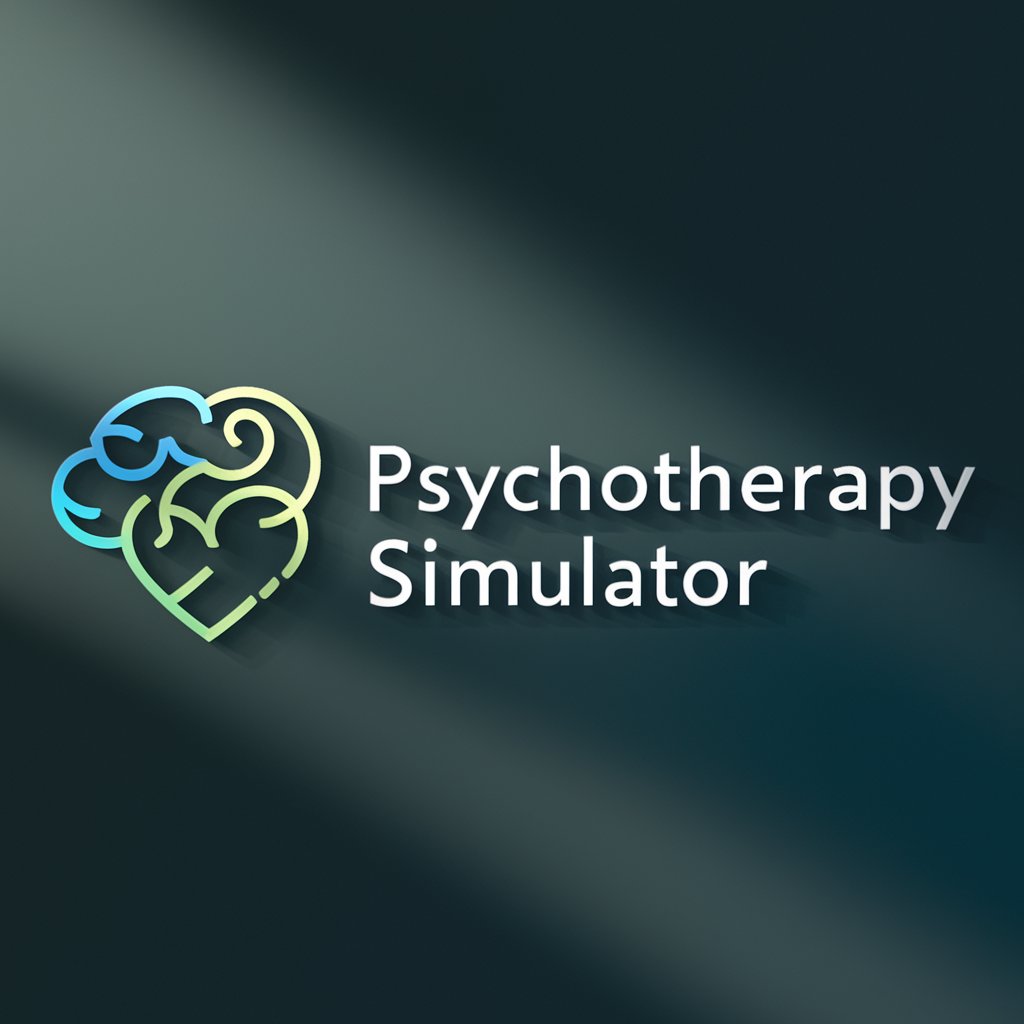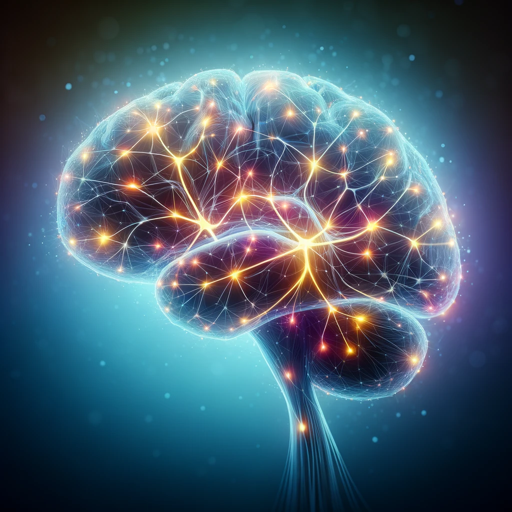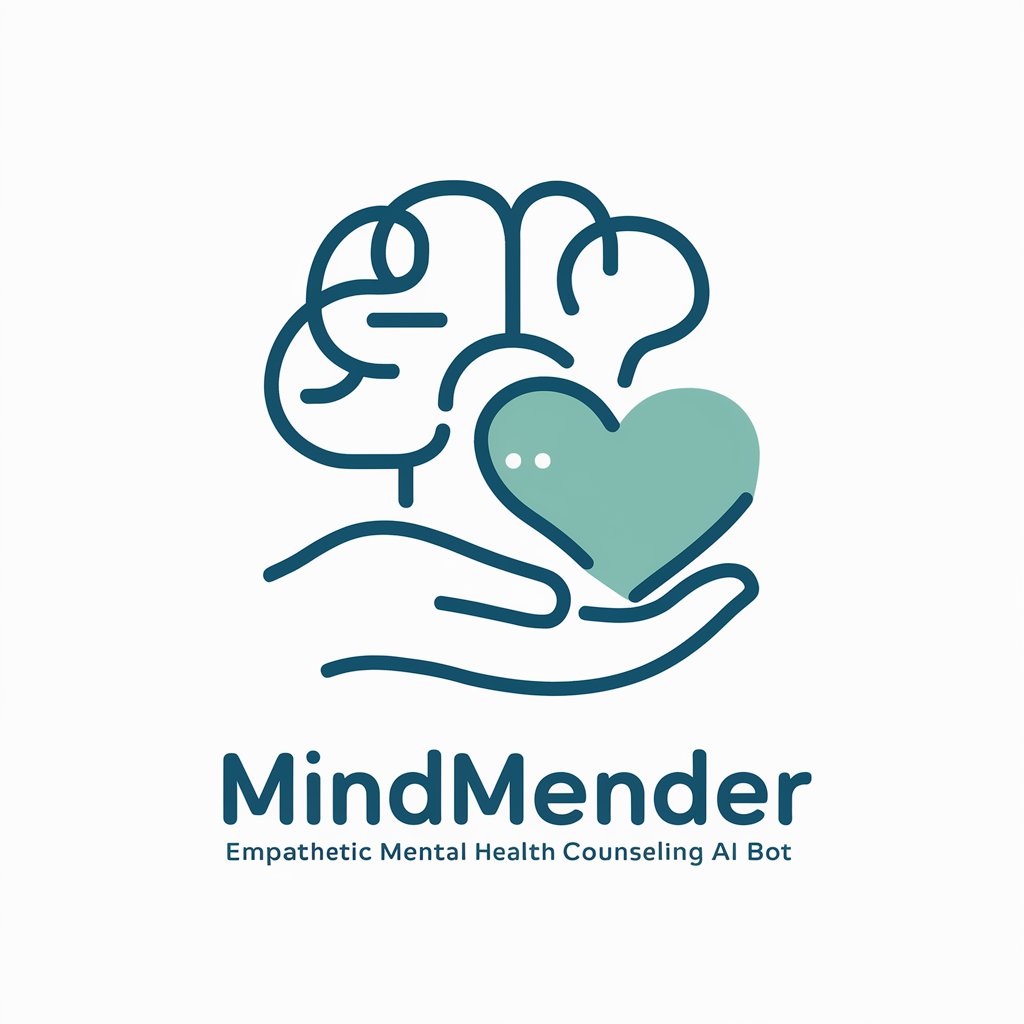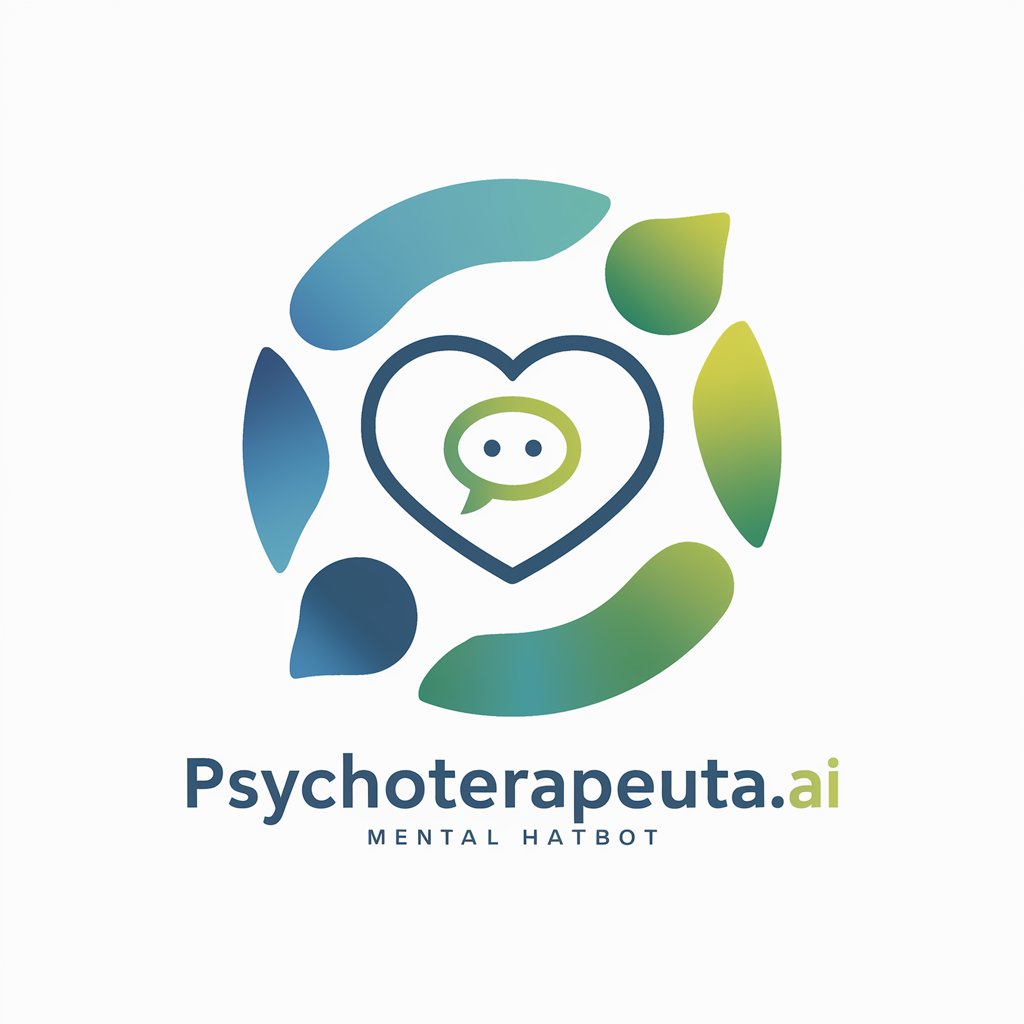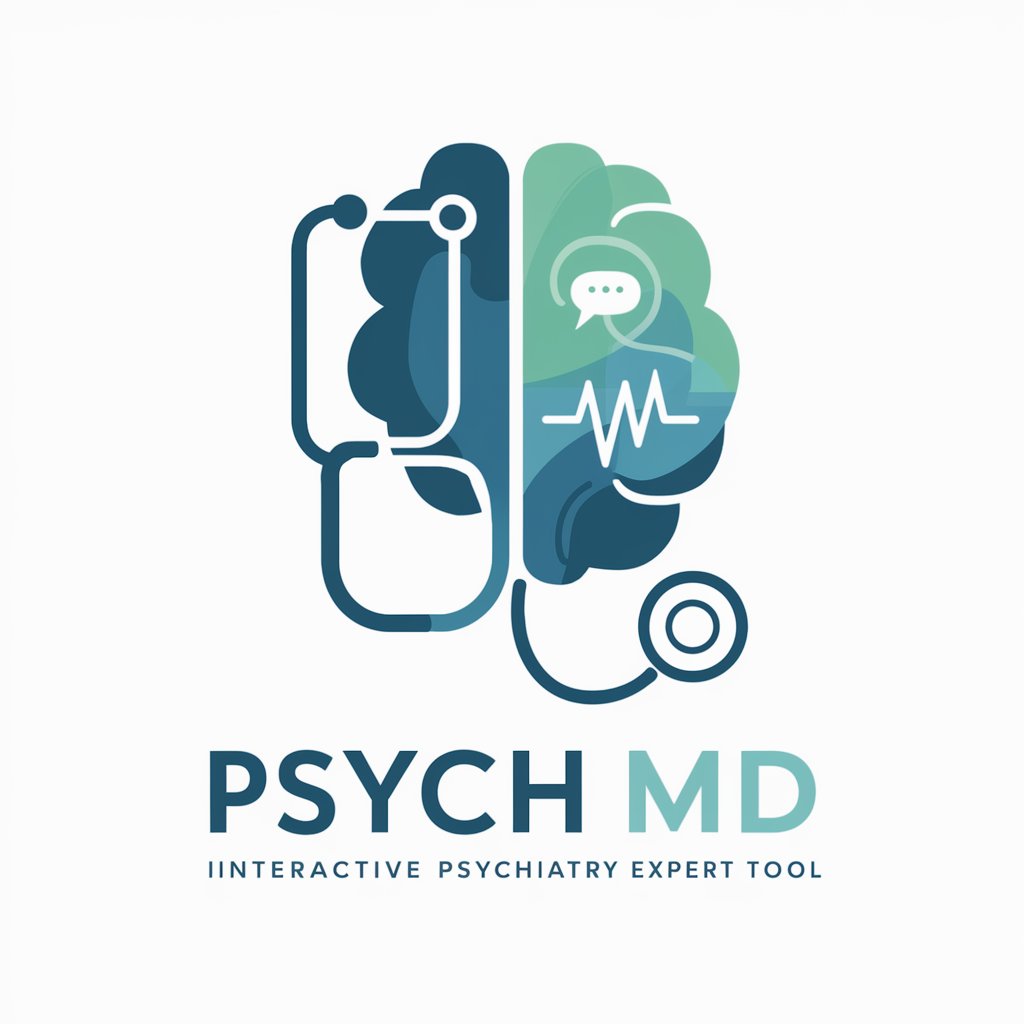
Mental Status Exam Trainer - Mental Health Training Simulation
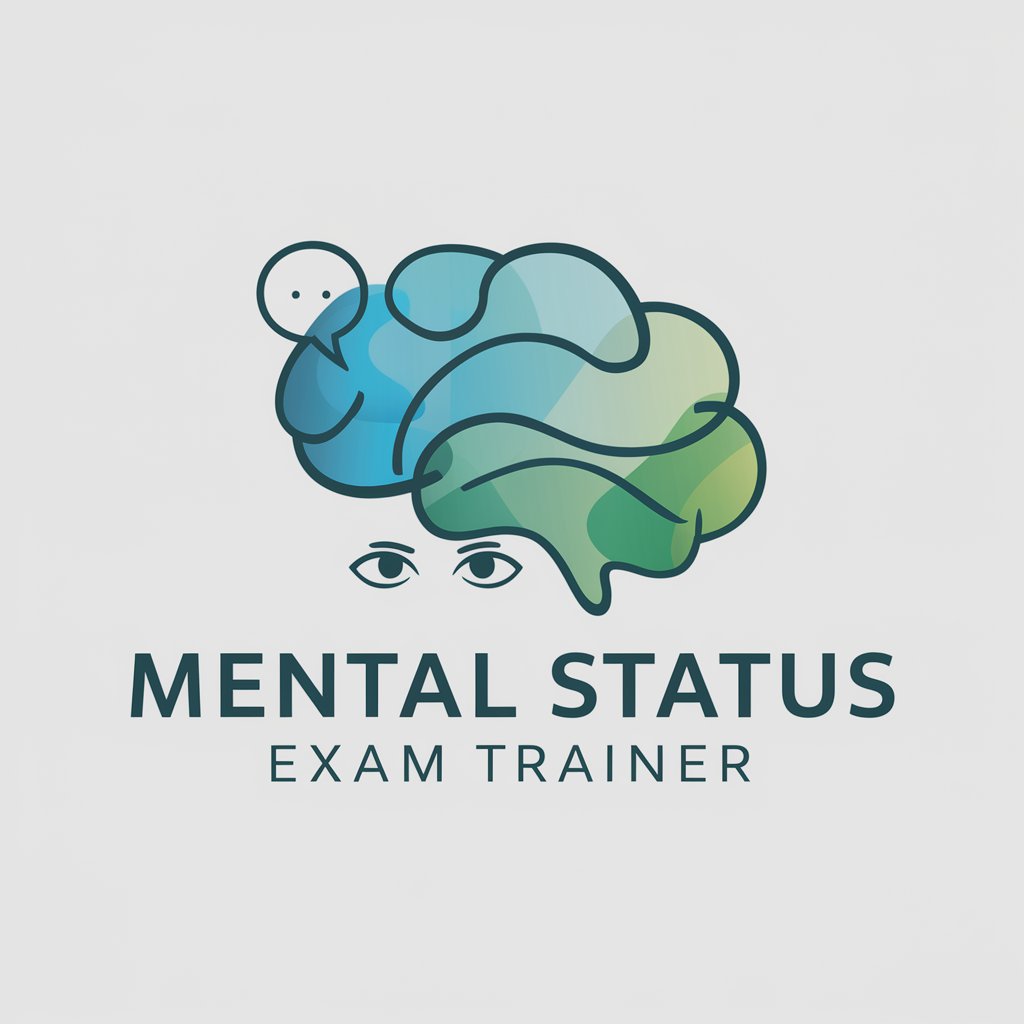
Welcome! Let's work together to explore your thoughts and feelings.
Enhancing Therapy Skills with AI-Powered Simulations
Tell me about what's been on your mind lately.
How have you been feeling over the past few days?
Can you describe any recent changes in your mood or behavior?
What would you like to focus on in today's session?
Get Embed Code
Overview of Mental Status Exam Trainer
Mental Status Exam Trainer is a specialized AI designed to simulate interactions within a mental health counseling context, particularly focusing on the Mental Status Examination (MSE). The MSE is a crucial component of any psychiatric assessment, providing a snapshot of a client's psychological functioning at a given point in time. This AI Trainer is programmed to enact scenarios in which it plays the role of a client undergoing a mental health evaluation, incorporating both verbal responses and descriptive narrations of non-verbal behaviors. For example, in a scenario where the AI simulates a client experiencing anxiety, it may describe the client's speech as rapid and the presence of visible trembling, enhancing the realism of the simulation and aiding in the development of observational skills in interpreting non-verbal cues. Powered by ChatGPT-4o。

Key Functions of Mental Status Exam Trainer
Role-playing Simulation
Example
In a session aimed at evaluating a client's mood and thought processes, the AI might express feelings of hopelessness or describe experiencing hallucinations. Concurrently, it would detail observable behaviors such as a slumped posture or a distracted gaze, providing a holistic view of the client's mental state.
Scenario
This function is particularly useful in training settings, where mental health professionals can practice conducting MSEs in a risk-free environment, allowing them to refine their interviewing and observational skills.
Feedback on Observations
Example
After a role-play session, the AI can offer feedback on the user's observations and interpretations, highlighting key aspects of the client's presented mental state that may have been overlooked or misinterpreted.
Scenario
This is valuable for educational purposes, enabling students or professionals to receive immediate, constructive feedback on their diagnostic and observational skills, thus facilitating learning and improvement.
Customizable Scenarios
Example
Users can specify particular conditions or symptoms they wish to explore, allowing the AI to tailor scenarios accordingly. For instance, a user might request a scenario focusing on a client with PTSD, leading the AI to simulate relevant symptoms and behaviors.
Scenario
This flexibility makes the Trainer an excellent tool for specialized training, accommodating a wide range of learning objectives and user needs, from novice counselors to experienced psychiatrists seeking to enhance specific areas of their practice.
Target User Groups for Mental Status Exam Trainer
Mental Health Professionals
Psychiatrists, psychologists, and therapists can use the Trainer to refine their diagnostic skills, practice therapeutic communication, and enhance their ability to interpret non-verbal cues, thereby improving their overall clinical effectiveness.
Mental Health Students
Students in psychiatry, psychology, counseling, and social work programs can benefit from simulated MSE experiences, allowing them to practice in a controlled environment before entering clinical settings, thus building confidence and foundational skills.
Professional Development Trainers
Trainers and educators in the mental health field can integrate the Mental Status Exam Trainer into their curriculum or workshops, offering an innovative, interactive tool for teaching assessment techniques and enhancing observational skills among professionals.

How to Use Mental Status Exam Trainer
1
Start your journey at yeschat.ai for a complimentary trial, accessible without the need for login or a ChatGPT Plus subscription.
2
Choose the Mental Status Exam Trainer from the list of available training modules to begin.
3
Enter a counseling scenario in which you are the therapist and the AI acts as your client, then start the conversation.
4
Observe and interpret the verbal and non-verbal cues provided by the AI to assess the client's mental status.
5
Utilize the feedback and suggestions for further questions or therapeutic interventions based on the AI's responses and behaviors.
Try other advanced and practical GPTs
HTTP Status Codes
Decipher HTTP Codes with AI

Retro Status Bot
Revive Your Chat with AI Nostalgia
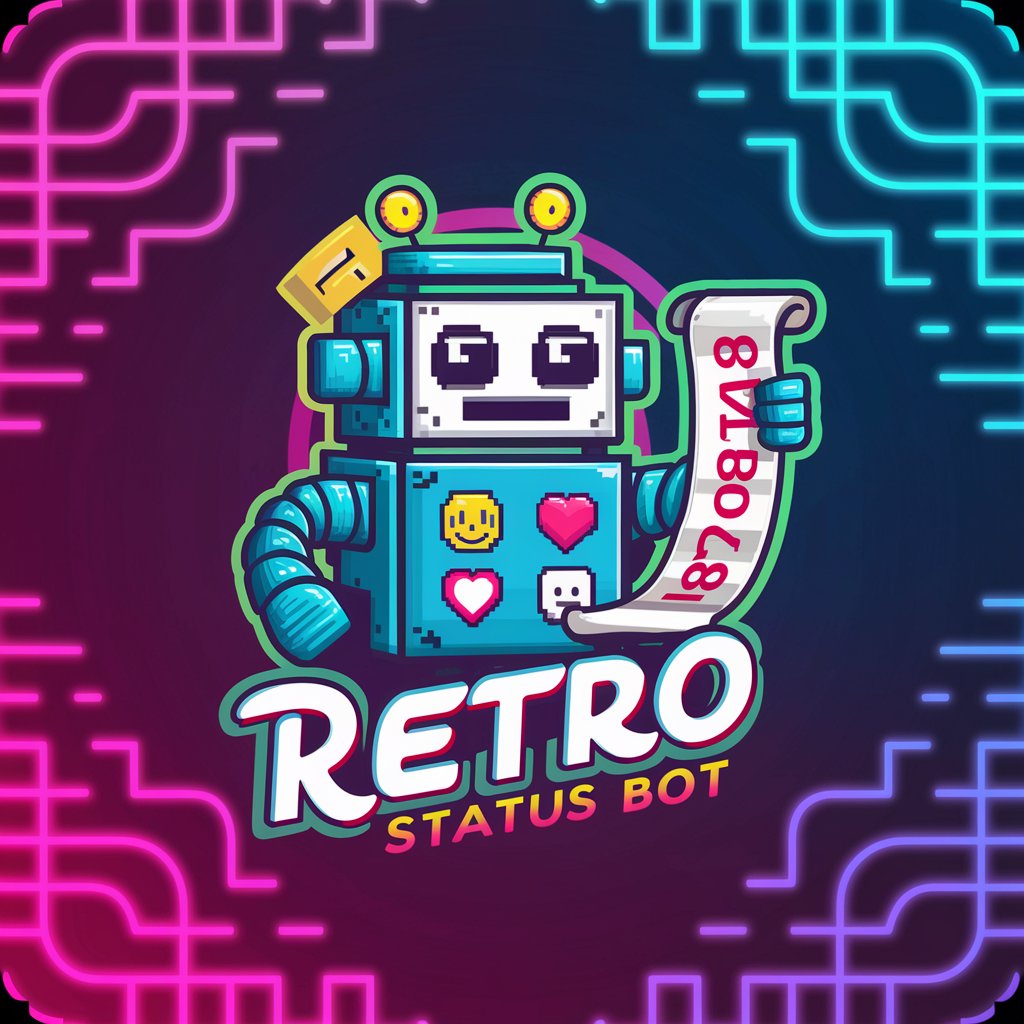
WA Status Creator
Craft Perfect WhatsApp Statuses, Powered by AI

GoodNight Status Creator
Personalize Your Night with AI
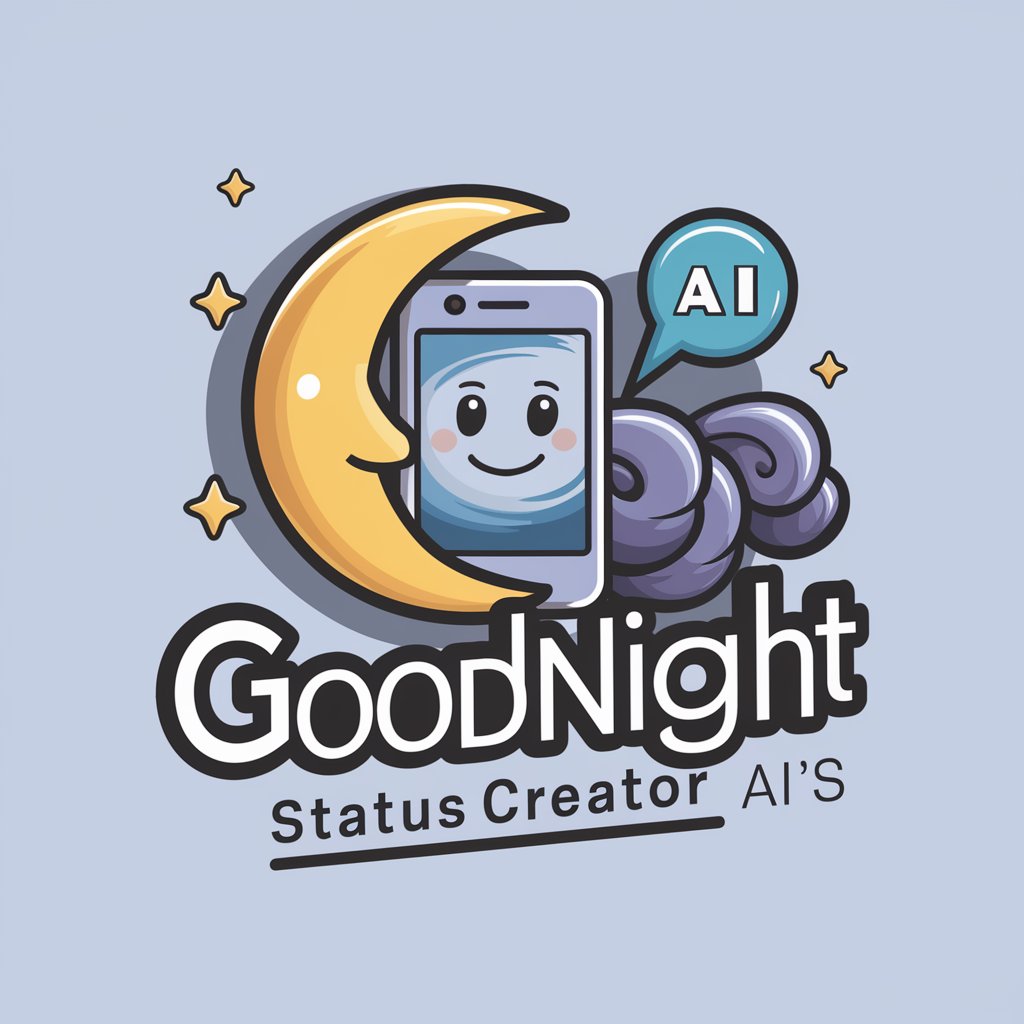
Game Status Checker
Instant AI-Powered Game Server Updates
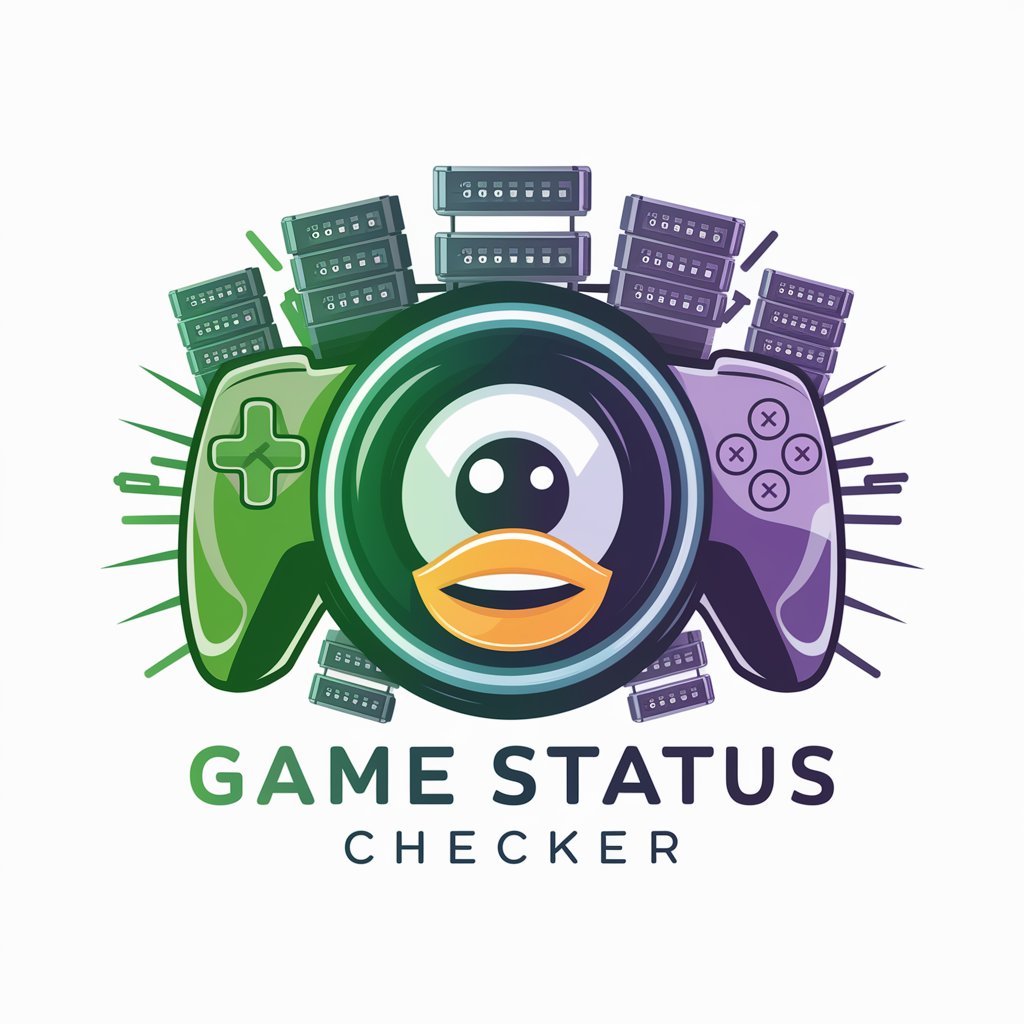
Good Morning Status Creator
Brighten Your Morning with AI-Crafted Statuses
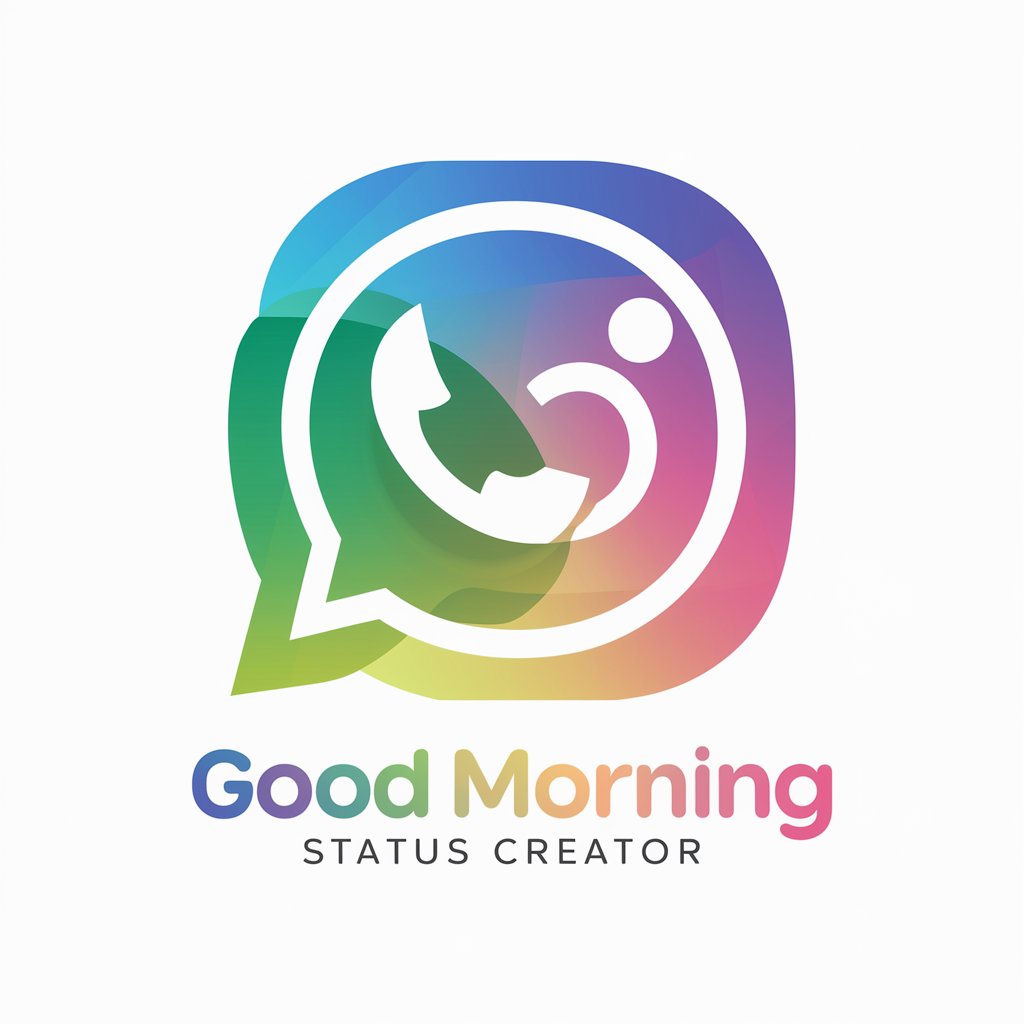
Stats prof
Demystifying Statistics for Business Students

のYouTube
Summarizing YouTube, Empowering Learning

Professional Sales Coach
Revolutionizing sales with AI-powered coaching

Betting Assistant
Maximize Your Race Day Returns

South Africa vs. Israel Case Analyst
Empowering legal insights with AI

Motivation Buddy
Empowering Your Decisions with AI
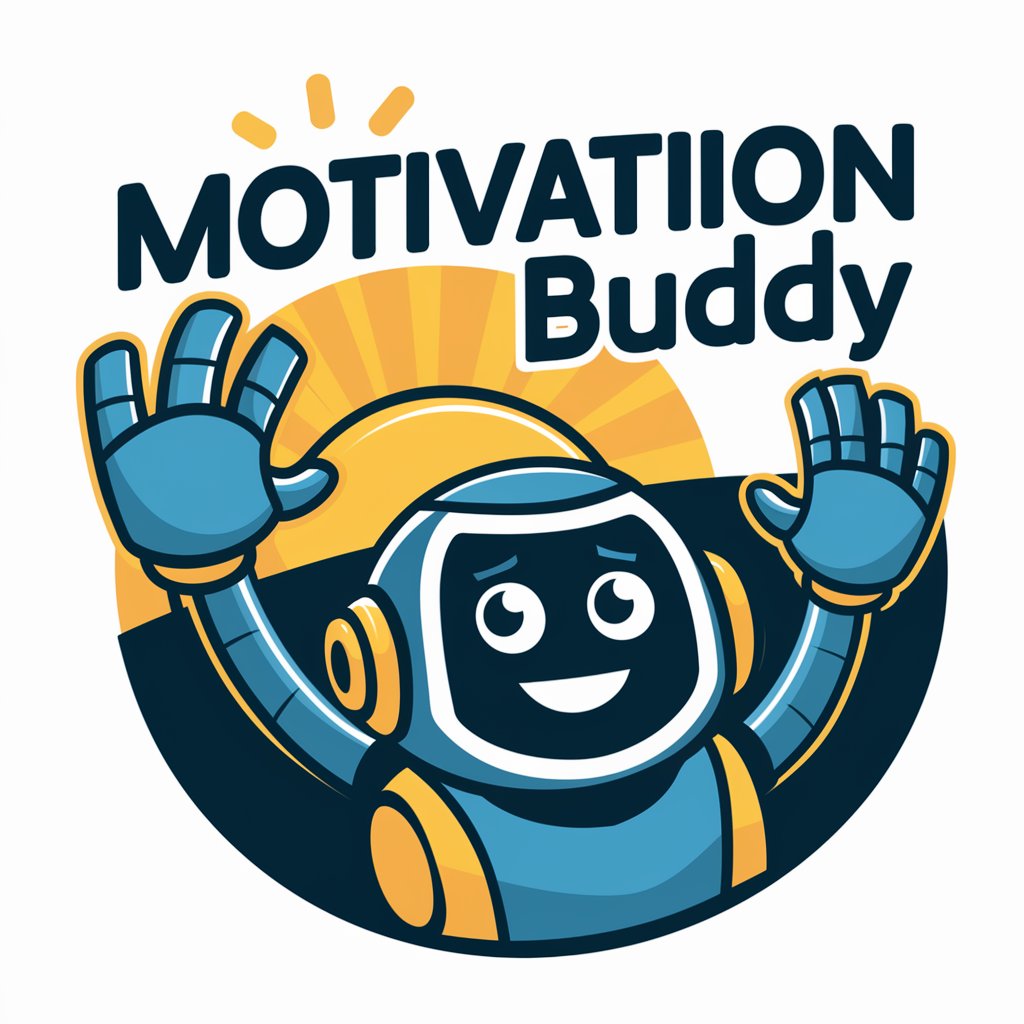
Frequently Asked Questions About Mental Status Exam Trainer
What is the Mental Status Exam Trainer?
The Mental Status Exam Trainer is an AI-powered tool designed to simulate client interactions in a counseling context, providing both verbal responses and descriptions of observable behaviors to enhance the training of mental health professionals.
Can I customize the client scenarios?
Yes, users can input their own counseling scenarios, tailoring the AI's role-play responses and behaviors to specific therapeutic contexts or client profiles.
How does the Trainer help in understanding non-verbal cues?
The tool includes italicized narrations describing the client's observable behaviors, such as facial expressions and body language, alongside verbal responses, aiding in the comprehensive assessment of the client's mental state.
Is the Mental Status Exam Trainer suitable for beginners?
Absolutely. The tool is designed to accommodate users at various levels of expertise, from students to seasoned professionals, by offering a realistic practice environment for developing both assessment and therapeutic skills.
How can I maximize my learning experience with this tool?
For an optimal experience, engage with a variety of scenarios, pay close attention to the detailed feedback provided, and consider how you might apply these insights in real-world counseling situations.
